We must admit, despite all the great promises made by companies over the years, we never thought we’ll get to the point where we’ll actually see flying cars become road legal. Yet this is exactly what Dutch company Pal-V announced this week.
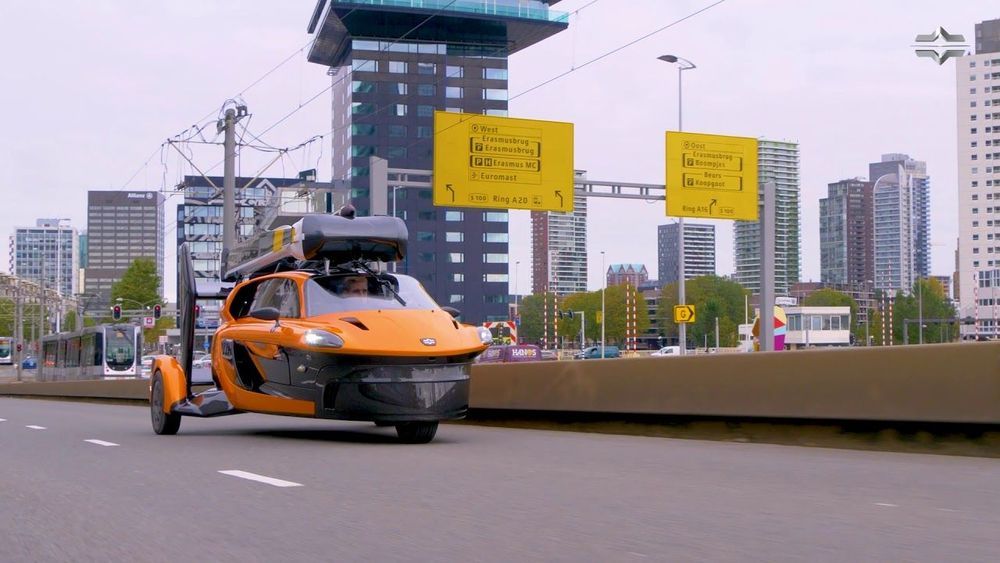

We must admit, despite all the great promises made by companies over the years, we never thought we’ll get to the point where we’ll actually see flying cars become road legal. Yet this is exactly what Dutch company Pal-V announced this week.
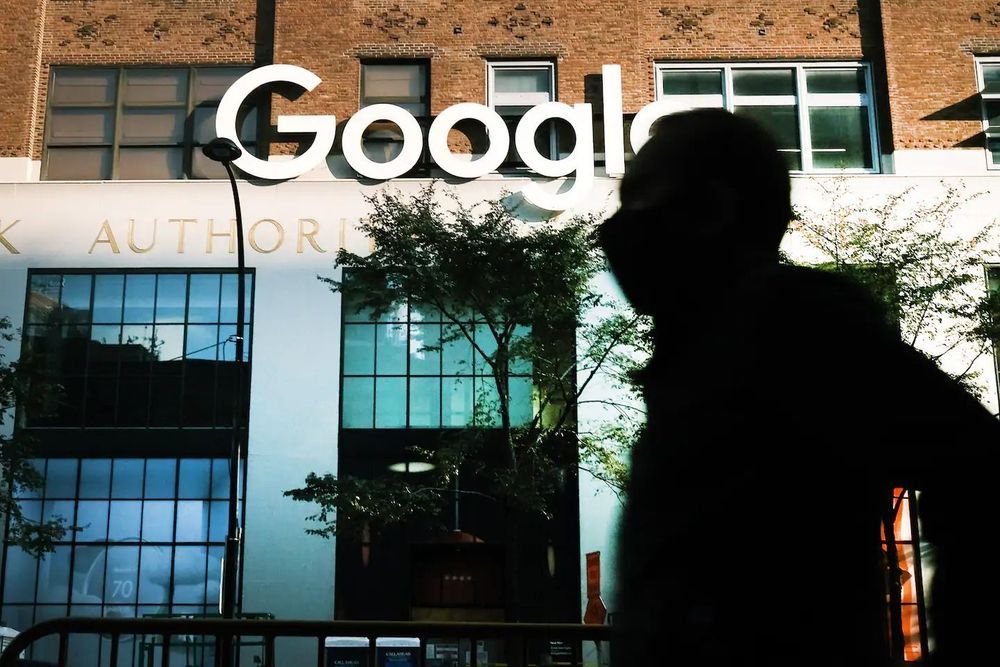
Scrutiny of the tech industry has ballooned in the nation’s capital in recent years, but until now federal regulators have passed little meaningful legislation or other penalties targeting the companies for perceived transgressions. Consumer advocates and legal experts say the DOJ broadside is an early sign that could be changing.
It could put more pressure on Congress to pass legislation addressing the tech industry.

This is interesting. So Mars won’t be under earth-based laws?
Interesting… 😃
SpaceX’s Elon Musk has revealed that they will not abide by international law on Mars.
Instead, the company plans to define its own set of ‘self-governing principles’ for the first Martian settlement.
The company made the low-key announcement by slipping it into the terms and conditions of their new Starlink satellite broadband service.
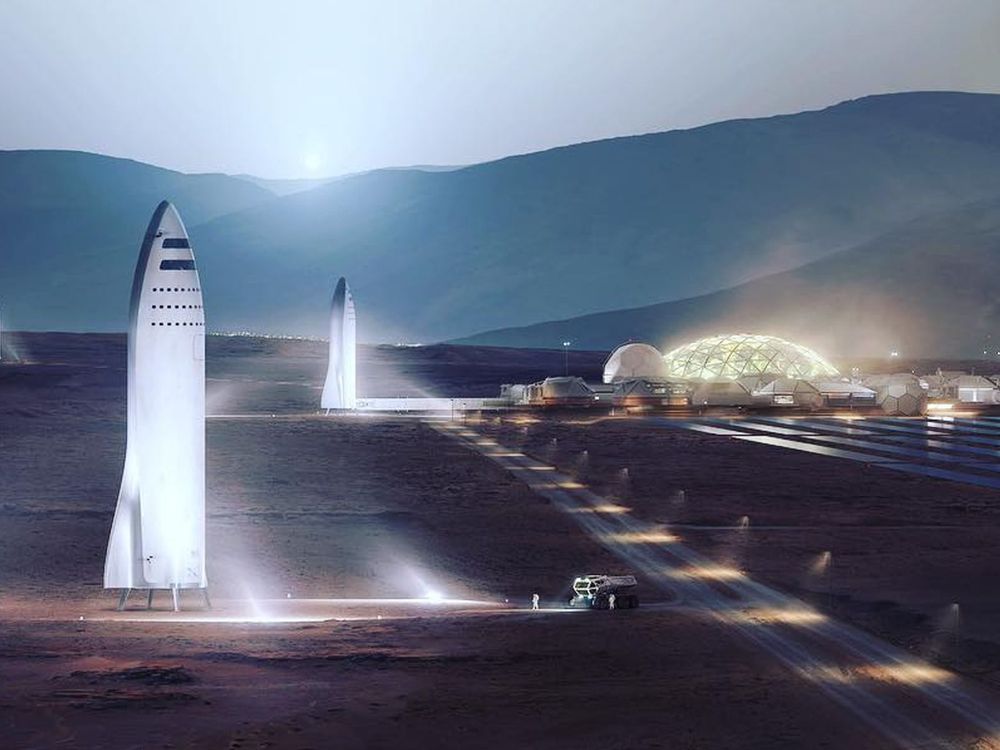
“For services provided on Mars, or in transit to Mars via Starship or other colonisation spacecraft, the parties recognise Mars as a free planet and that no Earth-based government has authority or sovereignty over Martian activities,” the governing law section states.
“Accordingly, disputes will be settled through self-governing principles, established in good faith, at the time of Martian settlement.”
Space systems engineer Erwan Beauvois said SpaceX’s position was reminiscent of a declaration put forward by the Earthlight Foundation, a non-profit organisation committed to preparing for the expansion of humanity beyond Earth.

Researchers are now calling for a set of guidelines, similar to those used in animal research, to guide the humane use of brain organoids and other experiments that could achieve consciousness. In June, the US National Academies of Sciences, Engineering, and Medicine began a study with the aim of outlining the potential legal and ethical issues associated with brain organoids and human-animal chimaeras.
A handful of experiments are raising questions about whether clumps of cells and disembodied brains could be sentient, and how scientists would know if they were.

U.S. company can keep hosting vast coronavirus-related project but must protect French citizens’ health data from American government, court rules.
A French court has ruled that Microsoft Corp. can continue hosting a government-run project aggregating citizens’ anonymous health data to use for AI-based research, but must guarantee no data will be sent to the U.S. or be shared with American intelligence authorities.
The ruling, handed down last week, contradicts the stance of France’s data protection authority, which told the court this month that any U.S. cloud provider could be forced to comply with U.S. surveillance laws and should therefore not be allowed to host sensitive health data. The regulator’s opinion could provide clues for other companies handling such data, legal experts say.
Companies are wrestling with tricky decisions about moving their data from the European Union to the U.S., following a court decision this summer that required personal data transferred there to include special guarantees against surveillance by the American government.
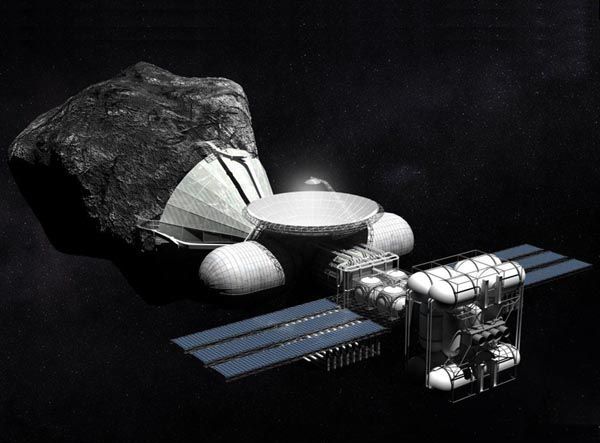
In a newly published policy paper, a pair of Canadian scientists warn that the United States is angling to establish itself as the de facto gatekeeper of the moon and other celestial bodies.
Earlier this year, NASA published a new set of rules for lunar mining and other space activities, dubbing the voluntary guidelines the “Artemis Accords.”
Aaron Boley and Michael Byers, authors of the new Science paper, argue that the Artemis Accords are part of a concerted effort by the U.S. and NASA to set a legal precedent for space-based resource extraction.
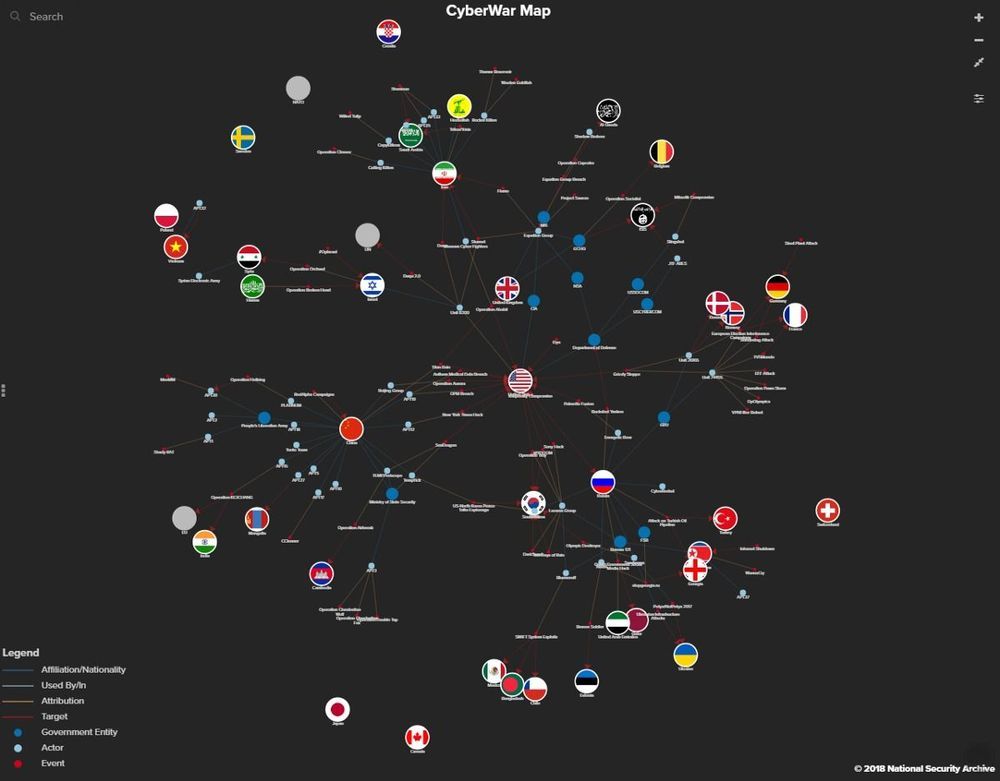
A short story.
A very short story with a long ending.
“What did you do in the Great Cyberwar daddy?”
What can I say? The answer is pretty much what everyone else did, which is try and s urvive. In other words, nothing. The first we all knew about it was when the electricity went off, and did not come back on again. Then other utilities, water, gas and phones. Then the Net itself went down and everyone was in the dark both literally and figuratively. All of that within the space of a few hours. For some it happened overnight and they awoke to a broken world. Most cars still ran, for a while, although GPS was also out. Self driving cars didn’t. When the fuel ran out the gas stations were not pumping (no electricity), the supermarkets along with everyone else could not buy or sell because the payment systems were offline. Within 24 hours looting broke out on a global scale from the richest nations to the poorest and martial law became the new norm.

Negotiations are a central part of many human interactions, ranging from business discussions and legal proceedings to conversations with vendors at local markets. Researchers specialized in economics, psychology, and more recently, computer science have conducted several studies aimed at better understanding how humans negotiate with one another in the hope of shedding light on some of the dynamics of human decision-making and enabling the development of machines that can replicate these dynamics.
A research team at the University of Southern California has been exploring the possibility of building automated systems that can negotiate with humans. In a paper pre-published on arXiv and set to be presented at the IJCAI conference, they presented a virtual agent based on a framework called IAGO (Interactive Arbitration Guide Online), which can negotiate with humans in a three-round negotiation task. This virtual agent, called Pilot, is one of the finalists of the IJCAI conference’s global negotiation challenge (ANAC).
“Recently, researchers realized the potential applications of building automated systems that can negotiate with humans,” Kushal Chawla, one of the researchers who carried out the study, told TechXplore. “These intelligent assistants can be really useful to augment current techniques for training people to have stronger social skills. Examples include teaching business students to negotiate for successful deals or lawyers to accurately assess settlement rates in legal proceedings.”
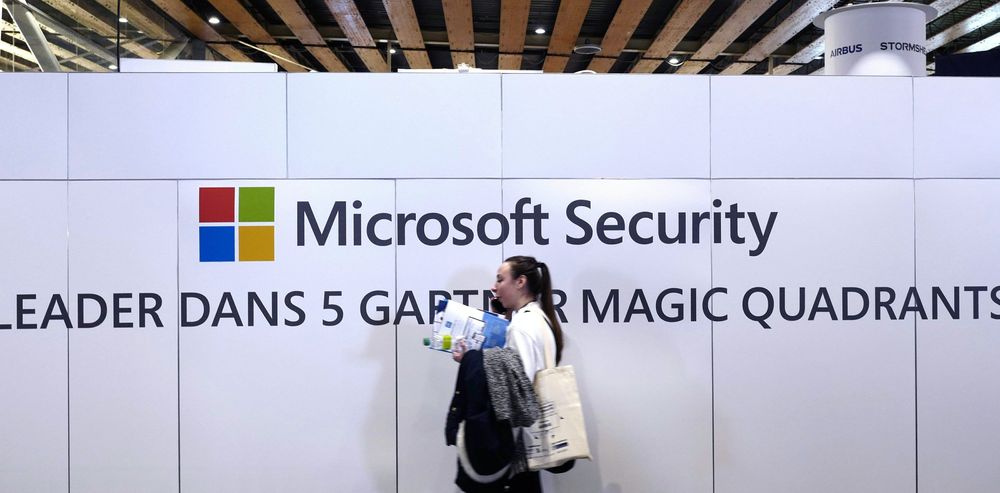
Microsoft announced legal action Monday seeking to disrupt a major cybercrime digital network that uses more than 1 million zombie computers to loot bank accounts and spread ransomware, which experts consider a major threat to the U.S. presidential election.
The operation to knock offline command-and-control servers for a global botnet that uses an infrastructure known as Trickbot to infect computers with malware was initiated with an order that Microsoft obtained in Virginia federal court on Oct. 6. Microsoft argued that the crime network is abusing its trademark.
“It is very hard to tell how effective it will be but we are confident it will have a very long-lasting effect,” said Jean-Ian Boutin, head of threat research at ESET, one of several cybersecurity firms that partnered with Microsoft to map the command-and-control servers. “We’re sure that they are going to notice and it will be hard for them to get back to the state that the botnet was in.”